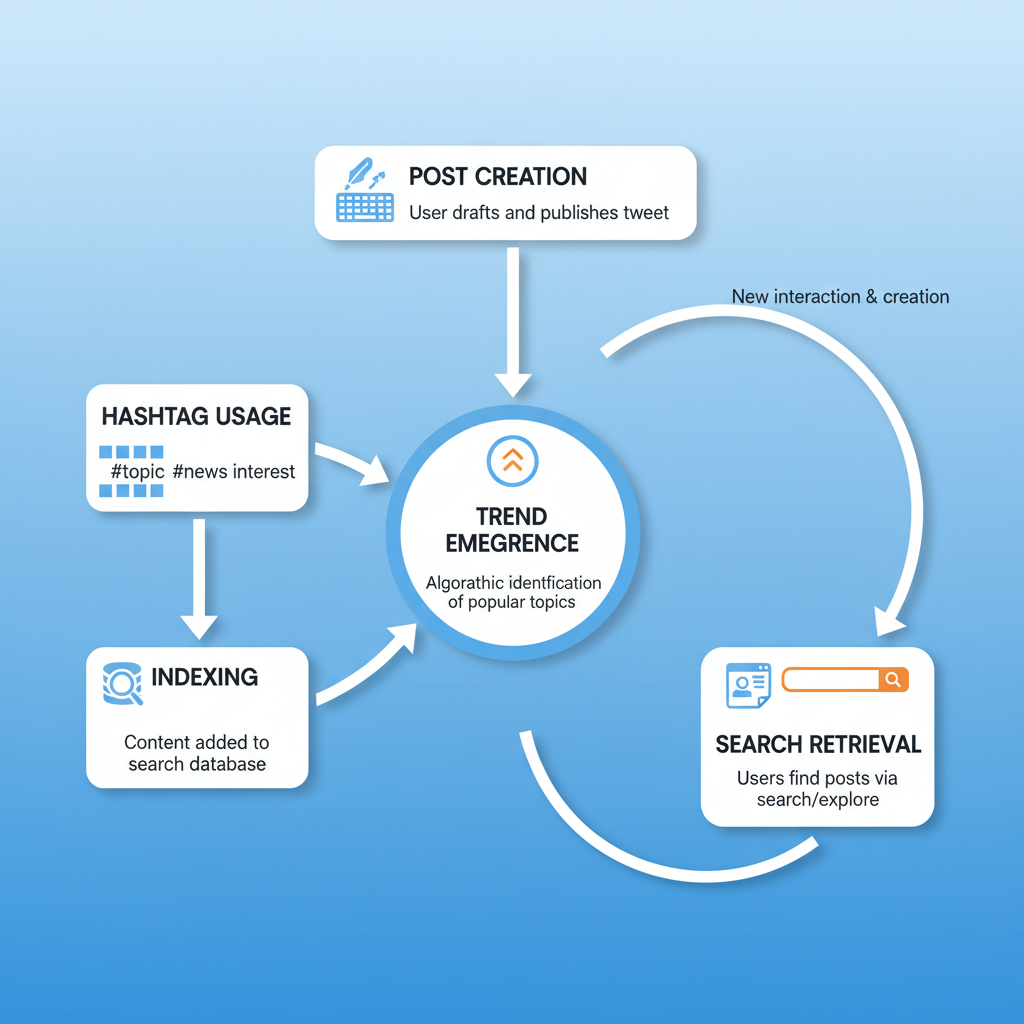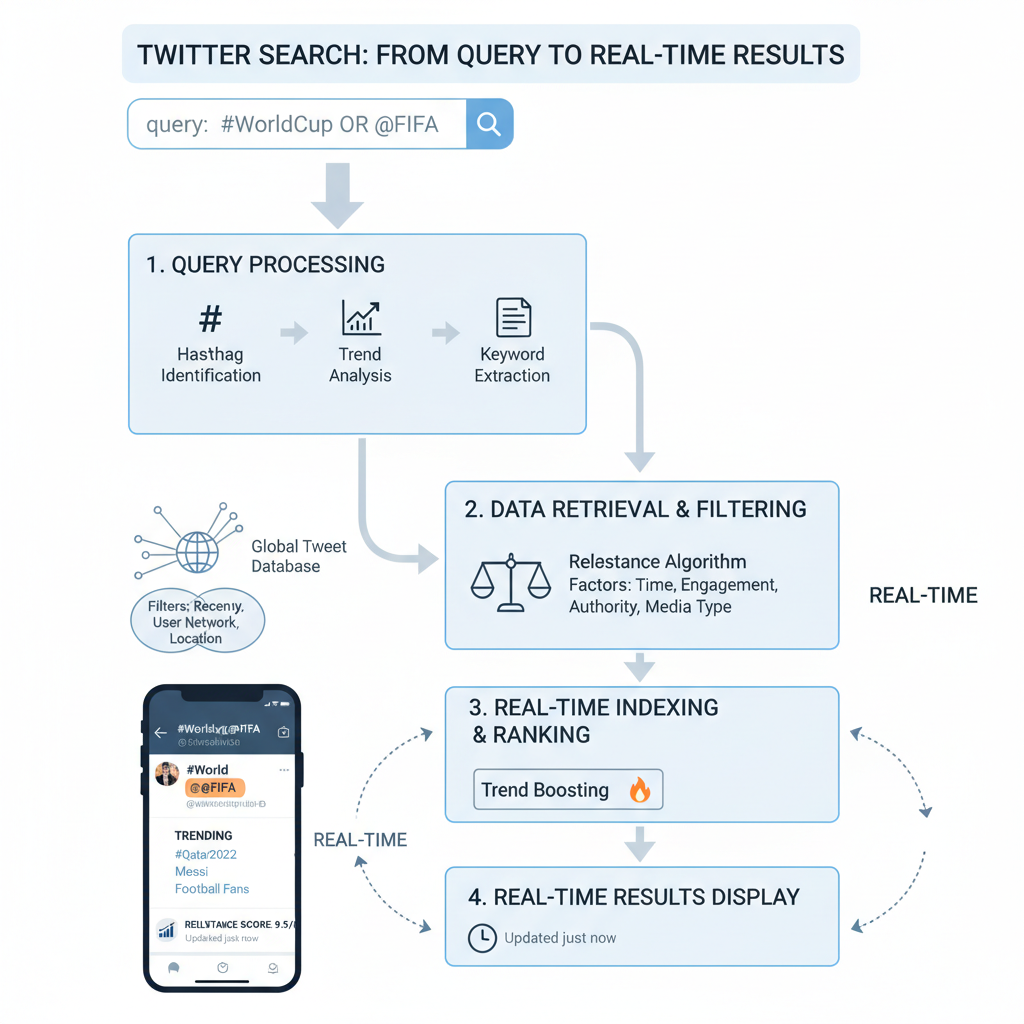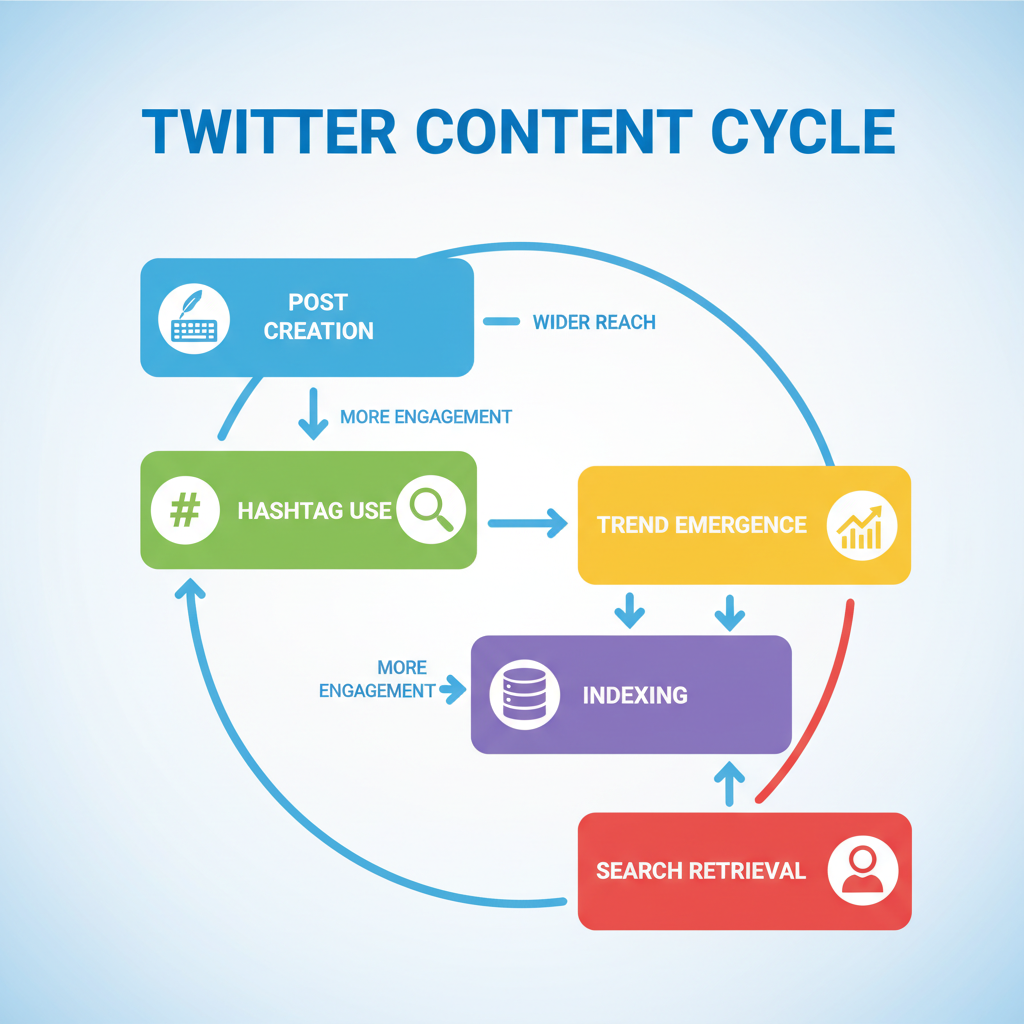Is Twitter a Search Engine or Social Media Platform?
Explore Twitter's dual role as a social media network and powerful real-time search tool, comparing its features against traditional search engines.

Is Twitter a Search Engine or Social Media Platform?
Twitter remains one of the most prominent platforms for real-time conversations, breaking news, and tracking trends. But its search functionality often surprises users with its ability to uncover events, opinions, and niche content. This sparks a key question for digital researchers, marketers, and everyday users: Is Twitter a search engine or simply a social media network with search features?
In this guide, we’ll explore what defines a search engine, unpack Twitter’s search features, compare them with traditional search tools, and highlight the strengths and weaknesses of using Twitter as a discovery platform.

---
What Is a Search Engine?
A search engine is a software system crafted to perform searches over a defined space—most commonly the internet. Its main functions include:
- Indexing content across its scope.
- Understanding queries via keywords, operators, or natural language processing.
- Ranking results based on relevance, freshness, and quality metrics.
- Displaying results in an easy-to-use interface.
Examples include Google, Bing, and DuckDuckGo. These platforms crawl billions of pages, store massive indexes, and deliver answers in fractions of a second.
---
Twitter’s Origin as a Social Media Platform
Twitter began as a microblogging service, with these primary functions:
- Posting short updates (formerly 140 characters, now extended).
- Engaging via likes, retweets, and replies.
- Following accounts to customize your feed.
- Joining public conversations using hashtags.
At its core, Twitter is an interactive, community-centric communication channel for instant global dialogue.

---
Twitter’s Search Functionality
Twitter integrates a search capability on both desktop and mobile, supporting queries for:
- Keywords found in tweets.
- Hashtags for events and topics.
- Usernames and accounts.
- Filters for media, links, or tweets from people you follow.
It relies entirely on its internal tweet index to match queries to both live and archived content.
---
Twitter Search vs Traditional Search Engines
Although Twitter and Google both process searches, their scope and ranking logic differ significantly:
| Feature | Twitter Search | Google Search |
|---|---|---|
| Scope | Tweets & accounts within Twitter | Entire web |
| Indexing speed | Instant, real-time updates | Minutes to hours, sometimes days |
| Content type | Short-form text, images, videos, polls | Any web content including blogs, videos, and documents |
| Ranking | Recent activity & engagement | Relevance, SEO signals, authority |
| Access | Free but limited to Twitter data | Free, worldwide data access |
Twitter wins in speed and immediacy, while Google leads in coverage and depth.
---
How Twitter Indexes Real-Time Content
Twitter’s infrastructure prioritizes velocity:
- Tweets enter real-time streaming pipelines instantly.
- Metadata—such as timestamp, hashtags, and language—is appended.
- The tweet becomes searchable almost immediately.
- Ranking factors include recency, engagement, and potential personalization.
This rapid ingestion is why Twitter is invaluable for real-time event tracking.
---
Role of Hashtags & Trends in Discovery
Hashtags amplify discoverability by:
- Grouping topics into searchable clusters.
- Facilitating participation in ongoing conversations.
- Fueling trending algorithms, highlighting active discussions globally or locally.
Trending lists often serve as instant gateways to high-volume conversations.

---
Benefits of Using Twitter for Research
Twitter’s environment delivers several research benefits:
- Immediate eyewitness reporting from journalists and users.
- Broader viewpoints from multiple sources.
- Media-rich posts including images, videos, and live streams.
- Interactive communication with potential to clarify facts.
These advantages make Twitter ideal for analysts, content creators, and brands seeking real-time insights.
---
Limitations of Twitter Search
Despite its strengths, Twitter search has drawbacks:
- Short content lifespan—older tweets fade from visibility quickly.
- Algorithmic biases—personalization can skew search results.
- Gaps in indexing—deleted or private tweets are excluded.
- Compact format—characters limit context compared to long-form sources.
This hampers Twitter’s value as a long-term archival reference.
---
Industry Use Cases of Twitter Search
Different sectors harness Twitter as a research and monitoring tool:
- Brands track hashtags and mentions for customer sentiment.
- Journalists monitor breaking news hashtags for live sources.
- Researchers conduct sentiment analysis on trending topics.
- Government entities scan hashtags to coordinate emergency responses.
During global sporting events, tags like `#WorldCup` keep fans and media updated in real time.
---
Advanced Search: Operators & Filters
Twitter’s Advanced Search panel allows refined queries. Common operators include:
- `from:username` — tweets by a specific user.
- `to:username` — replies to a specific user.
- `"exact phrase"` — matches an exact set of words.
- `has:links` — restricts to tweets containing links.
- `min_retweets:100` — only tweets with significant engagement.
- `since:YYYY-MM-DD until:YYYY-MM-DD` — filters by dates.
Example:
"product launch" from:YourBrand since:2023-01-01 until:2023-12-31Finds all tweets from your brand mentioning “product launch” in 2023.
---
Conclusion: Search Engine or Social Discovery Platform?
Ultimately, Twitter is not a traditional search engine—it doesn’t index the wider web or maintain exhaustive archives. Instead, it functions as a social media platform with highly effective, real-time search capabilities.
When instant insight, direct engagement, and trend tracking are paramount, Twitter’s search outperforms conventional engines in speed and contextual relevance. It stands as a hybrid tool—part social network, part discovery engine—occupying a unique niche in our digital ecosystem.
Looking to master Twitter search? Explore advanced operators, monitor trends relevant to your field, and combine Twitter insights with other search tools to ensure a well-rounded information strategy.



